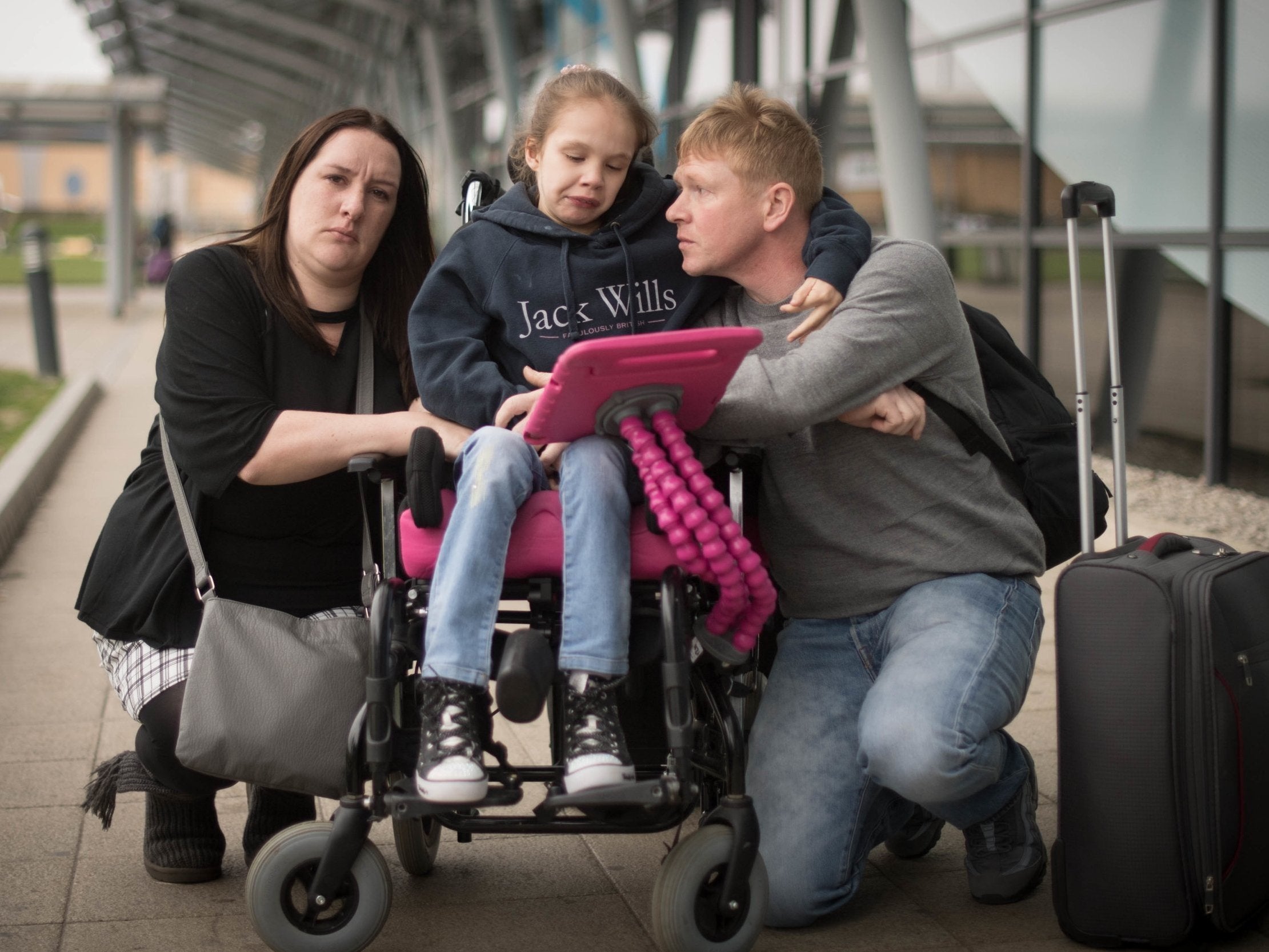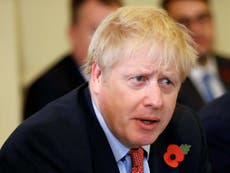Exhausting, expensive and cruel – this is what it's like to travel abroad for medical cannabis
As a pharmacist, I can pass through customs with ease. But desperate patients bringing the legal medicine back without the right documents risk arrest, prosecution and imprisonment

Last week I made a gruelling journey to the Netherlands to pick up medical cannabis prescriptions for several patients. I woke up at 4am for the 7:45am flight to Amsterdam, then took an hour-long taxi ride to the Transvaal Pharmacy in The Hague, arriving a little after noon.
The Netherlands has the regulatory systems and infrastructure in place to ensure that, with the right documentation, fulfilling the prescriptions was simple. Returning to the UK that evening I declared the medicines to customs officials who checked all my documents and the prescriptions. Fortunately, I was waved through, medication in hand, ready to deliver to our patients.
As a pharmacist, this has been my professional life for nearly two decades. I understand how medicines work and I am fluent in the burdensome paperwork required to obtain them, and how to deal with any of the difficult, but necessary, questions from other pharmacists and customs officials.
However, it can be a very different story for the dozens of patients and parents who make this expensive, time-consuming, and for the less mobile, physically challenging, trip to fulfil their prescriptions every year.
The law in the UK was changed last November to make medical cannabis legal, yet patients have still been struggling to access the drug which has the potential to transform the health and quality of life of people suffering from painful, debilitating conditions such as MS and epilepsy.
The news is peppered with examples of parents who have also made the risky journey to obtain the medicine - Emma Appleby and her daughter Teagan, Lisa Quarrel and her son Cole, Tannine Mongtomery and her daughter Indie-Rose, worried mothers simply seeking treatment for their children’s severe epilepsy.
Sometimes they succeed in bringing the medicine home, sometimes they fail. Even if they are successful, the limitations on the amount of medicine that can be imported means it’s never long before they have to make that same trip again, and again, and again.
At Luton Airport one of the officials told me that in the last year she had seen many patients making this journey, often without the right documents. Her hands are tied - without the right papers, the best-case scenario is the medicine will be confiscated, the worst is the prospect of arrest, prosecution and imprisonment.
The journey alone is exhausting, but to return empty handed with a seriously ill child in tow, facing prosecution for the ‘crime’ of trying to obtain a legal medicine is unimaginable. Unfortunately, this is the cruel reality for parents and patients who suffer from conditions that do not respond to conventional medicines and are often seeking their “last resort”.
It does not have a well-established medical use, unlike morphine – another controlled drug – so importers need two licenses to get a medical cannabis prescription into the UK, one from the MHRA - the medicines regulator - and one from the Home Office at a combined cost of £155 per month, every month.
Not only do patients carry the financial burden, with some being forced to re-mortgage their home, but it can take up to 28 days in between prescriptions for the licences to be granted. Patients being forced to spend four weeks waiting between prescriptions, unsure that they will be able to get the medicine they need, simply isn’t good enough.
There is no single solution to overcoming the cumbersome and bureaucratic experience patients face. A clear first step would be to allow the import of medical cannabis products as we do for unlicensed controlled medicines.
Licensing costs would be minimised and stock could be held in the UK ready to supply patients. Controls for this process are already proven and in place, and it would bring welcome relief from the financial burdens placed upon these desperate families.
We also need to face up to our double standards. The UK is the world’s largest exporter of medical cannabis, but we lack the regulations and infrastructure to develop a domestic industry as other countries have.
Beyond the clear economic benefits this could bring, imagine the pressure we could lift from those suffering if they were able to access safe, proven, NHS-approved treatments without the fear of arrest or bankruptcy.
Whatever the outcome of the general election, those leading the country will be faced with a simple choice: continue to put patients and their families under enormous physical and emotional stress, or do right by them and make medical cannabis truly accessible to patients with unmet medical needs.
Chris Ashton is the Chief Pharmacist for Lyphe Group


Join our commenting forum
Join thought-provoking conversations, follow other Independent readers and see their replies